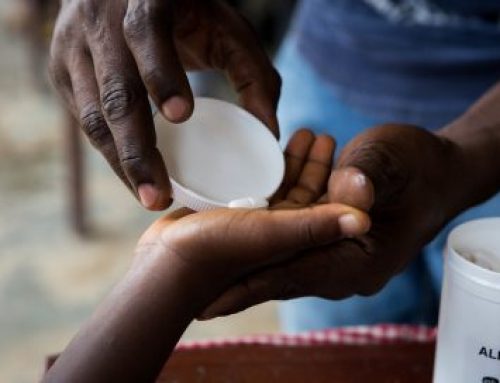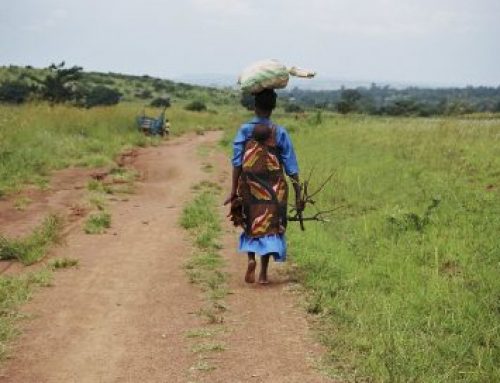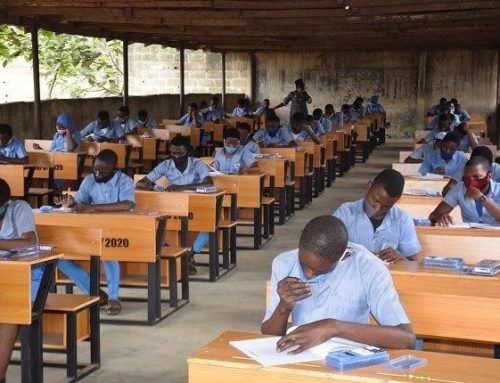Research question
The excess profits of the top companies allow them to market their drugs as ‘better’ drugs, by funding grey or illicit payments to doctors to prescribe these expensive drugs. Our research will map how the economics of this process works, and we will go further and use testing facilities at the London School of Hygiene & Tropical Medicine to show that from a pharmacological point of view there is no difference between the more expensive and cheaper versions of the same drugs.
Project summary
Pharmaceuticals are a complex and large sector in Bangladesh with significant corruption and health impacts. If successful, this project will stop the top companies paying doctors to prescribe their brands for these particular molecules because there will no longer be excess profits in these areas. In an incremental way, this strategy could expand the market for the smaller pharmaceutical companies by squeezing out a damaging type of rent-seeking and thereby reducing out-of pocket expenditures for the poor.
ACE will undertake two projects led by Transparency International Bangladesh and a laboratory-based experiment in the pharmaceutical sector led by the London School of Hygiene and Tropical Medicine. The motivation of the interrelated projects is to provide a joined-up analysis that seeks to increase competition in the sector as a way of reducing corruption and reducing prices for poor consumers.
The first project will identify the weaknesses of the regulatory structure and the most feasible points of entry. The second project will complement this to look at the economics of the pharmaceutical sector and map how the top companies effectively bribe doctors to prescribe particular brands whose prices are higher.
Our hypothesis is that the higher prices that the top companies charge for their version of identical drugs that are available from other manufacturers allow them to pay and influence doctors to prescribe their brands, thereby closing the circuit of rent capture.
Main partners
Transparency International Bangladesh and The London School of Hygiene and Tropical Medicine (LSHTM)







